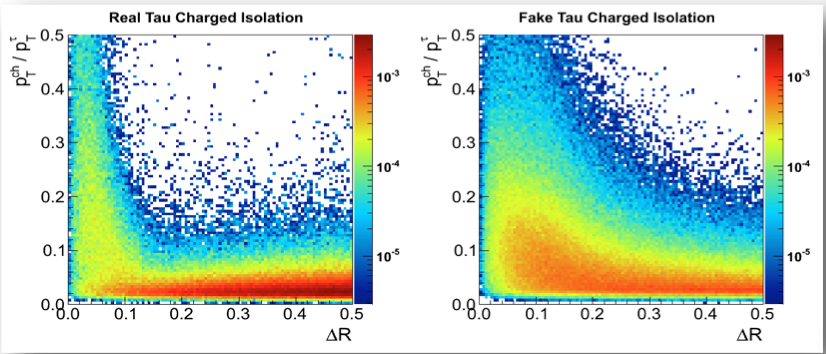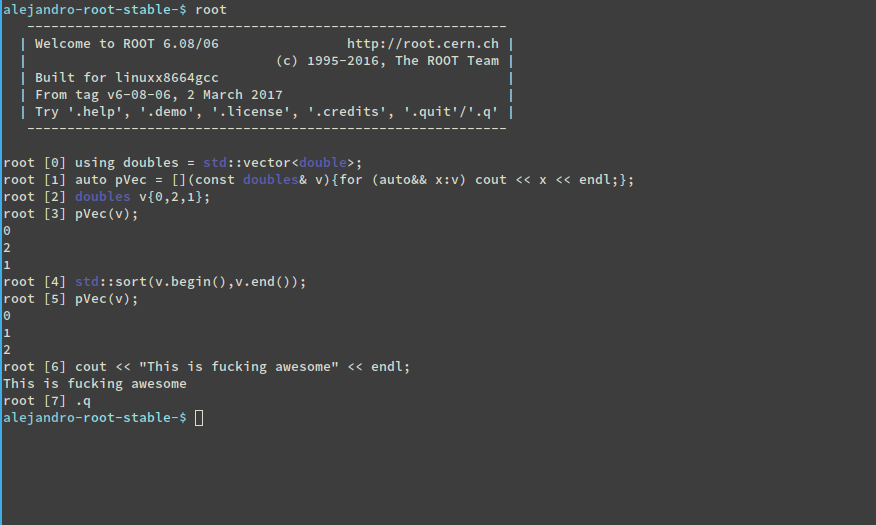Early this month I received an email whose subject read “GSoC 2017: Congratulations, your proposal with CERN-HSF has been accepted!”
After weeks of looking for an organization, contacting with the mentors and preparing my proposal, I got finally selected in the one project I put all my efforts in. So it seems I am a GSoCer now, yay!
The project
ROOT is the awesome project I will spend my summer working on. But what is it exactly? According to its main site:
ROOT is a modular scientific software framework. It provides all the functionalities needed to deal with big data processing, statistical analysis, visualisation and storage. It is mainly written in C++ but integrated with other languages such as Python and R.
Ok, so basically it is a thingy to do cool stuff with your cool data, really nice. Let me show you an example: what if you need to plot some data of your latest particle physics discovery, say that time when you discovered the Higgs bosson? Well, you obviously use ROOT for that:

Indeed, ROOT is widely used in the CERN scientific community as a full-stack solution to analyse, interpret and visualise the data acquired from all their experiments.
Furthermore, ROOT comes with this shiny, breathtaking, awesome C++ interpreter. Please, take a look and enjoy the black magic behind interpreting C++ on the fly:

Isn’t it beautiful? <3 By the way, that code above is from the useful ROOT Primer, where you can learn all about its basics.
The proposal
My proposal for the project was to improve the vectorization and parallelization of the ROOT mathematical libraries; i.e., I will try to make ROOT faster, better, stronger.
The idea is to finish the on-going work in this direction, having a completely vectorized/parallelized ROOT maths library at the end of summer. The black magic should be transparent to the final user, who will find her functions to be magically faster than before.
I do not want to bore you with technical details now —you will have plenty of those in the next posts—, but if you want to know anything else about the proposal, read its abstract in the GSoC site. If you really want to read the entire proposal, go ahead.
Stay tuned for future posts, I will try to explain what I am doing, and how I do it, with all the tricky details. Until then, happy libre hacking!